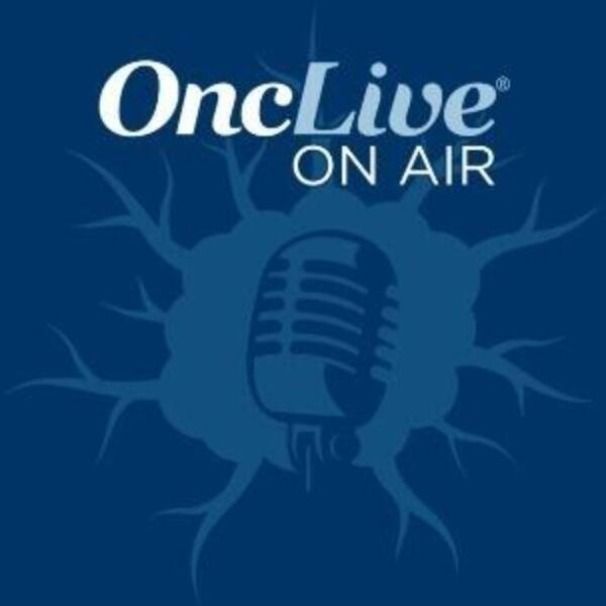Video
Dr. Ghobadi on the Potential Development of CAR T Cells in Solid Tumors
Author(s):
Armin Ghobadi, MD, assistant professor of medicine, Division of Medical Oncology, Washington University School of Medicine, Siteman Cancer Center, discusses the potential development of chimeric antigen receptor (CAR) T cells in solid tumors.
Armin Ghobadi, MD, assistant professor of medicine, Division of Medical Oncology, Washington University School of Medicine, Siteman Cancer Center, discusses the potential development of chimeric antigen receptor (CAR) T cells in solid tumors.
Although CAR T-cell therapy has made a big impact in hematologic malignancies, researchers need to focus on finding better targets if the therapy is to transition to solid tumor oncology, explains Ghobadi. Currently, CAR T cells target an antigen that is expressed on the surface of the tumor cell. Refinements to the therapy may enable CAR T cells to target an antigen that is not as visible to CAR T cells.
The biggest challenge with solid tumors is the negative inhibitory environment that prevents the function and penetration of CAR T cells in the tumor microenvironment, says Ghobadi. There is a lot of research in that area, such as making CAR T cells resistant against the negative environment or converting a negative inhibitory receptor to a receptor that activates CAR T cells, states Ghobadi.

















%20(2)%201-Recovered-Recovered-Recovered-Recovered-Recovered-Recovered-Recovered-Recovered-Recovered-Recovered-Recovered-Recovered-Recovered-Recovered-Recovered-Recovered-Recovered.jpg?fit=crop&auto=format)
%20(2)%201-Recovered-Recovered-Recovered-Recovered-Recovered-Recovered-Recovered-Recovered-Recovered-Recovered-Recovered-Recovered-Recovered-Recovered-Recovered-Recovered-Recovered.jpg?fit=crop&auto=format)
